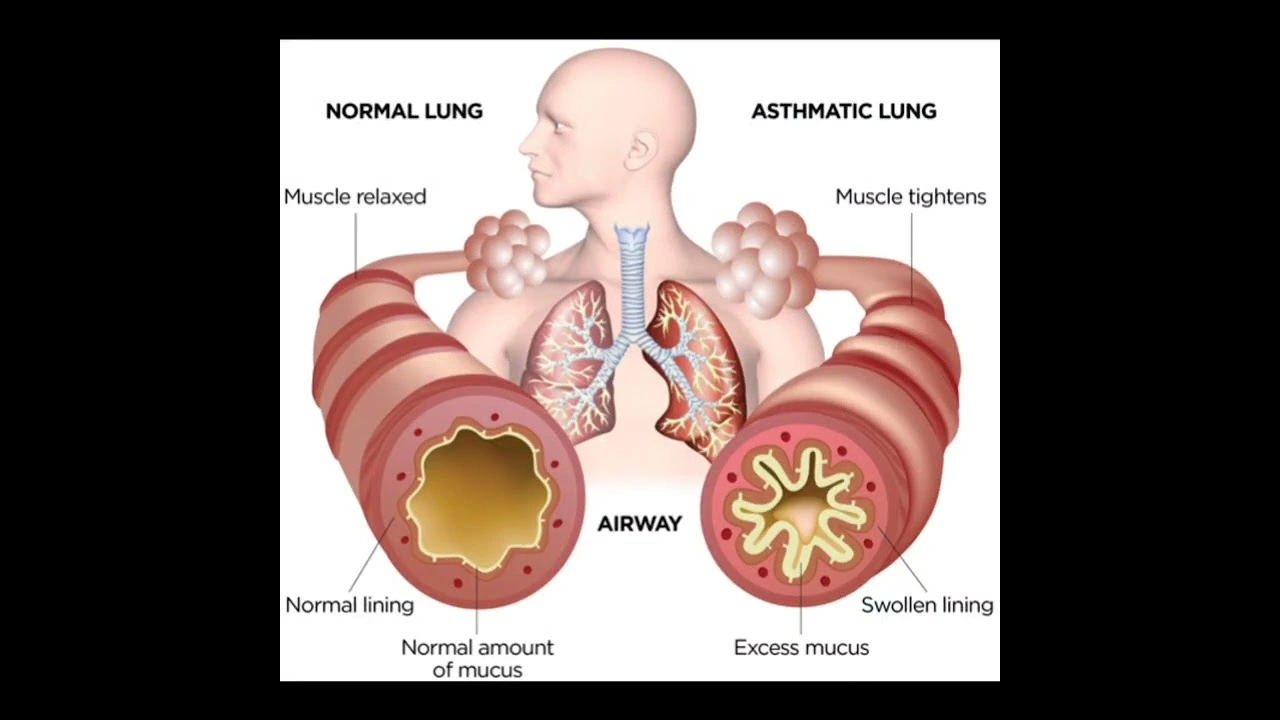Montelukast: Practical Guide to Uses, Dosage, and Safety
Montelukast works well for many people with asthma — but it's also sparked heated debate over mood and behavior side effects. This short guide explains what montelukast does, common doses, what to watch for, and practical tips for safe use.
What it treats
Montelukast is a daily oral medicine used mainly to prevent asthma attacks and to control allergic rhinitis. It's not a rescue inhaler — it won't stop a sudden breathing crisis.
Doctors also use it for exercise-induced bronchoconstriction and as an add-on when inhaled steroids alone don't fully control symptoms.
Typical adult dosing is one 10 mg tablet once daily in the evening. Children get lower chewable tablets or granules — common doses include 5 mg and 4 mg depending on age and product.
Always follow the label or your prescriber's instructions. Take it regularly for best effect; missing doses reduces protection against attacks.
Don't use montelukast to treat a sudden asthma attack — use a fast-acting inhaler and seek help if breathing doesn't improve.
Side effects and warnings
Common side effects include headache, stomach pain, cough, and sometimes sleep problems. Most people tolerate the drug, but a small number report changes in mood, vivid dreams, agitation, or depression.
The link between montelukast and neuropsychiatric events led regulators to add stronger warnings; if you or a child develop new mood or behavior changes, stop the medicine and call your doctor.
Other safety notes: people with liver disease may need dose adjustments, and montelukast can interact with certain medicines.
Buying montelukast online? Be careful — many countries require a prescription. Use licensed pharmacies, check reviews, and avoid sellers that won't show contact details or batch information.
Practical tips: take at the same time each day (evening often preferred), keep inhalers for attacks handy, and talk to your doctor before stopping other asthma medicines.
Questions to ask your doctor: Is montelukast right for my type of asthma? Could it affect my mood? Do I need a liver test? What should I do if symptoms worsen?
Montelukast is useful but needs respect: watch mood, follow the label, and keep fast-acting medicine available.
For parents: If your child takes montelukast, watch mood and sleep. Changes can be subtle — more nightmares, sudden irritability, or withdrawal from activities. Call your pediatrician right away if you see any worrying signs. Don’t stop the drug without advice, but seek guidance quickly.
Interactions and medical checks: Montelukast has few major drug interactions, but tell your doctor about enzyme-inducing drugs or herbal supplements. If you have liver problems, your doctor may check liver enzymes before or during treatment. Keep a medication list and bring it to appointments.
If you plan to travel, pack enough medicine and copies of your prescription. In an emergency, show health workers the name montelukast and any allergy notes. Online reviews and forums can help but don't replace medical advice. When in doubt, call your prescriber.
Keep follow-up appointments and report any side effects right away. Your pharmacist can answer many quick questions too.
Singulair (montelukast) has been a game-changer for people who battle asthma or relentless allergies. This article explores how Singulair truly works, why doctors prescribe it, plus the real side effects that patients have faced. You'll get practical tips for safer use, data from clinical trials, and an honest look at controversies around mental health. If you or a loved one needs medication help for breathing issues or allergic reactions, you'll find human stories and expertise here.
In my recent exploration around asthma treatment, I've discovered that combining Montelukast with proper asthma education can be incredibly effective. Montelukast, a medication used to control and prevent symptoms caused by asthma, works even better when combined with an understanding of the disease. By learning about asthma triggers, signs of an attack, and proper use of medication, patients can manage their condition more effectively. It seems that knowledge really is power when it comes to controlling asthma. So, folks, remember to educate yourselves while taking your medication for the best results.


